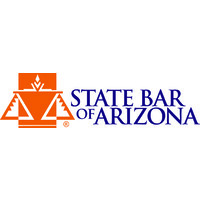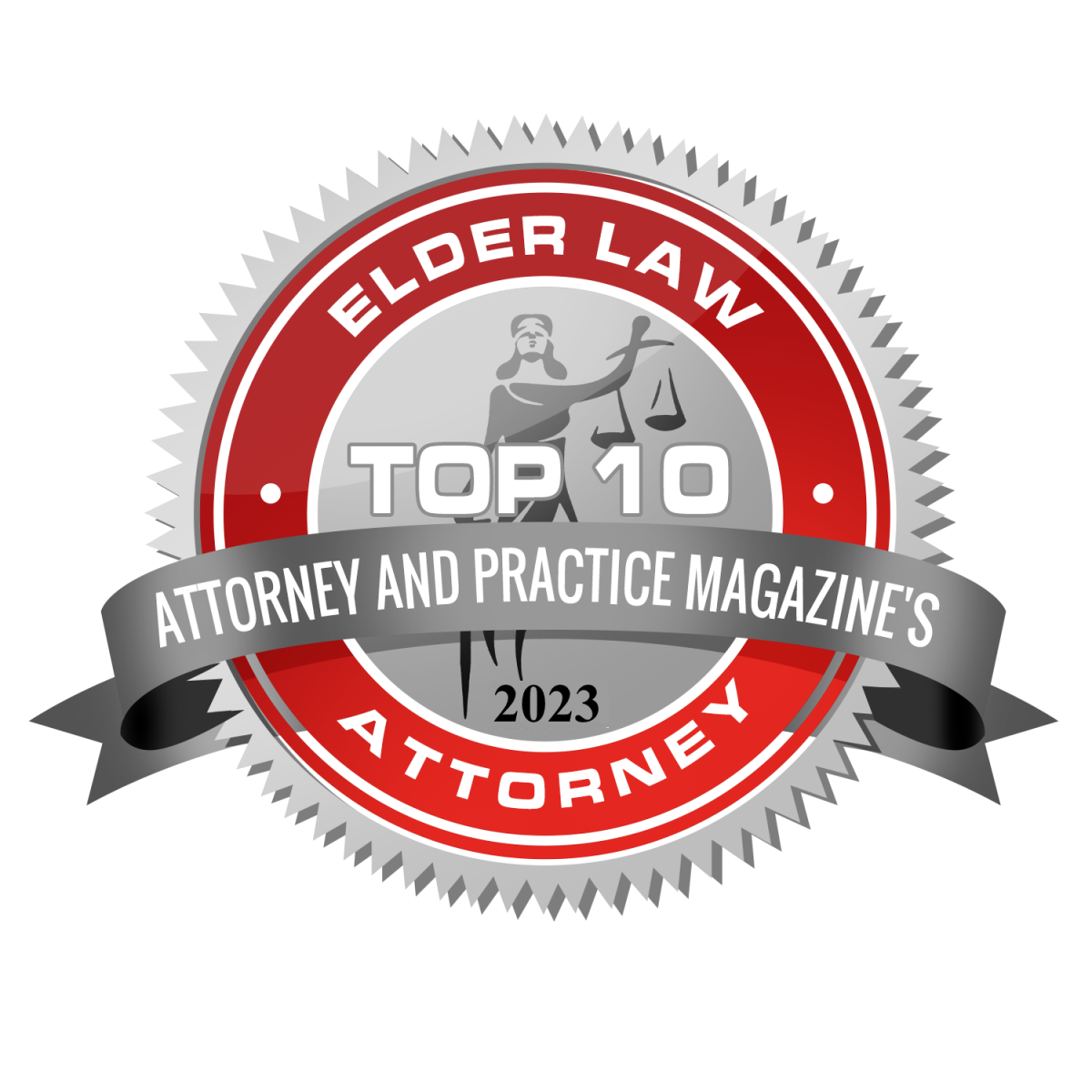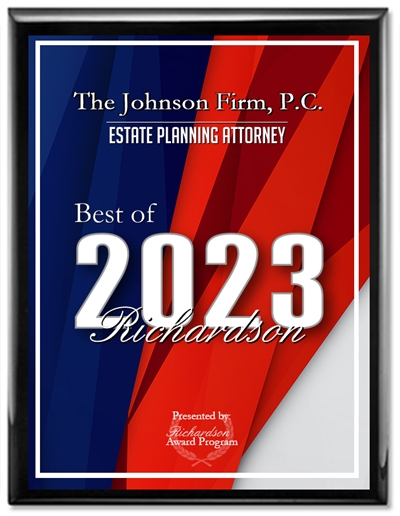Submitted by The Johnson Firm on
Sadly, many of us have witnessed the slow and dehumanizing death of loved ones and friends suffering from Alzheimer's. In the final stages of this and other dementia diseases, there comes a time when your loved one can no longer speak, recognize family members, or move purposefully.
A Question of Quality of Life
With poor quality of life, many would choose to stop hand-feeding and hydration and allow the dying process to begin. However, long before that time arrives, you or your loved one has lost the capacity to make and express that decision. If you no longer have an effective way to be heard, institutions providing memory care are legally and morally obligated to continue hand-feeding and hydration until the bitter end.
A terrible characteristic of Alzheimer’s and other forms of dementia is that people may have lost all that made them who they once were, and yet, they remain physically healthy enough to continue, in that absent state, for many years.
Legal Documents to Communicate Your Wishes
Existing healthcare powers of attorney usually only address artificial nutrition and hydration, like feeding tubes and IV for end-of-life care. Until recently, the documents didn’t include hand-feeding. Despite your healthcare agent’s requests, caregivers would be required to continue cajoling, persuading, and insisting that you continue to be fed by hand. This process would rely on a primitive reflex in which touching the spoon to the corner of your mouth would result in an involuntary opening of the mouth. This could be misinterpreted as a desire to eat, and the sad situation could drag on and on without any way to intervene.
In especially tragic cases, where the swallowing reflex has become diminished, you could aspirate food and fluid into your lungs, resulting in pneumonia.
Thanks to pioneering efforts by End of Life Washington and End of Life Choices in New York, a dementia directive emerged to supplement existing healthcare directives and to specifically address this issue. When a person has become unable to feed themselves, can no longer use the toilet, and can no longer move or speak or recognize loved ones, the person may have expressed, in a dementia-related illness, that hand-feeding be stopped – or that feeding be restricted only to foods that they demonstrably enjoy. The dementia document further requests that the person be kept comfortable and out of pain through careful medication and other measures to relieve any anxiety, agitation, or insomnia.
Expressing Your Wishes Before It’s Too Late
Especially when the dementia diagnosis is first made, and while you or a loved one still have the capacity to make and communicate health care decisions, this supplemental health care directive must be considered. Creating a video expressing your wishes for end-of-life care is also a very good idea. That way, when you’ve become a silent, immobile presence in bed, caregivers can see you as you used to be, expressing wishes while you were still able to communicate them.
Please give our elder law attorneys a call if you would like to talk about a dementia diagnosis and how to create a legal document reflecting your or your loved one’s wishes. We hope you found this article helpful. If you have questions or would like to discuss your legal needs please contact us at (520) 563-2020. We look forward to the opportunity to work with you.














